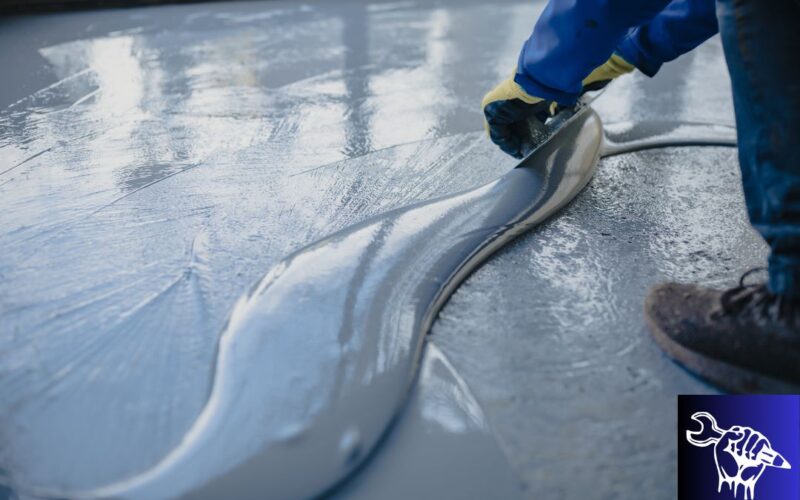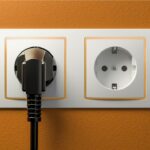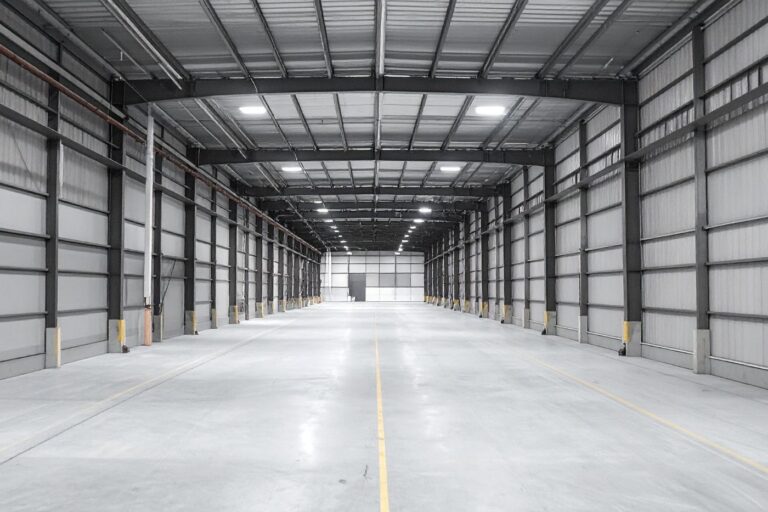In the diverse world of flooring options, resin flooring stands out for its unique characteristics and versatile applications. A compound blend of synthetic materials, resin flooring is known for its robustness and adaptability, making it a popular choice across industrial, commercial, and residential settings. The distinctive properties of resin, including its ability to form seamless and smooth surfaces, have paved the way for its utilization in environments that demand a balance of aesthetics, durability, and functionality. As we delve into the intricacies of resin flooring, we aim to provide a comprehensive overview that will help individuals and professionals alike in determining its suitability for their specific needs.
Different Types of Resin Floors
Resin floors come in various types, each offering distinct advantages suited to specific applications. Epoxy resin floors are lauded for their exceptional durability and resistance to chemicals, making them ideal for industrial and commercial spaces. Polyurethane resin floors, on the other hand, offer flexibility and are adept at handling temperature fluctuations, thus suitable for environments with varying conditions.
Context of Use
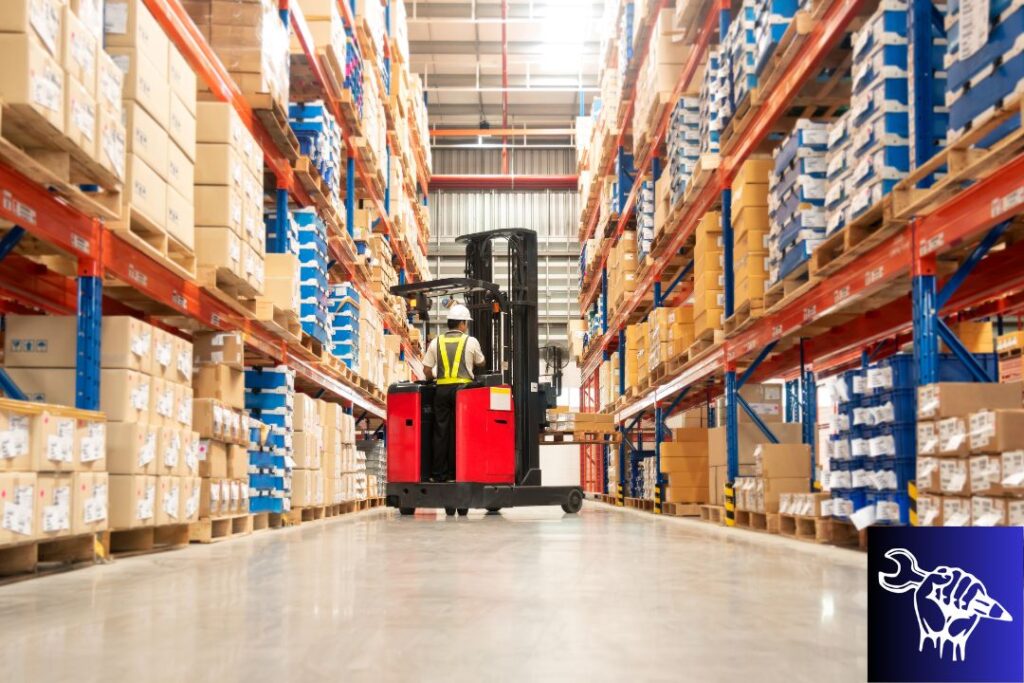
The adaptability of resin floors makes them applicable across a spectrum of settings. In industrial contexts, their robust nature handles the demands of heavy machinery and high foot traffic, ensuring longevity and sustained quality. Commercial spaces benefit from the aesthetic versatility of resin floors, which can be customized to align with the visual identity of a business. Residential settings also see the incorporation of resin floors, where their ease of maintenance and seamless finishes contribute to creating stylish and practical living spaces. Balancing the functional requirements with the aesthetic desires, resin floors present a flooring solution that can be tailored to meet the diverse needs of different contexts.
Pros of Resin Flooring
Let’s start with advantages of resin flooring:
Durability and Longevity
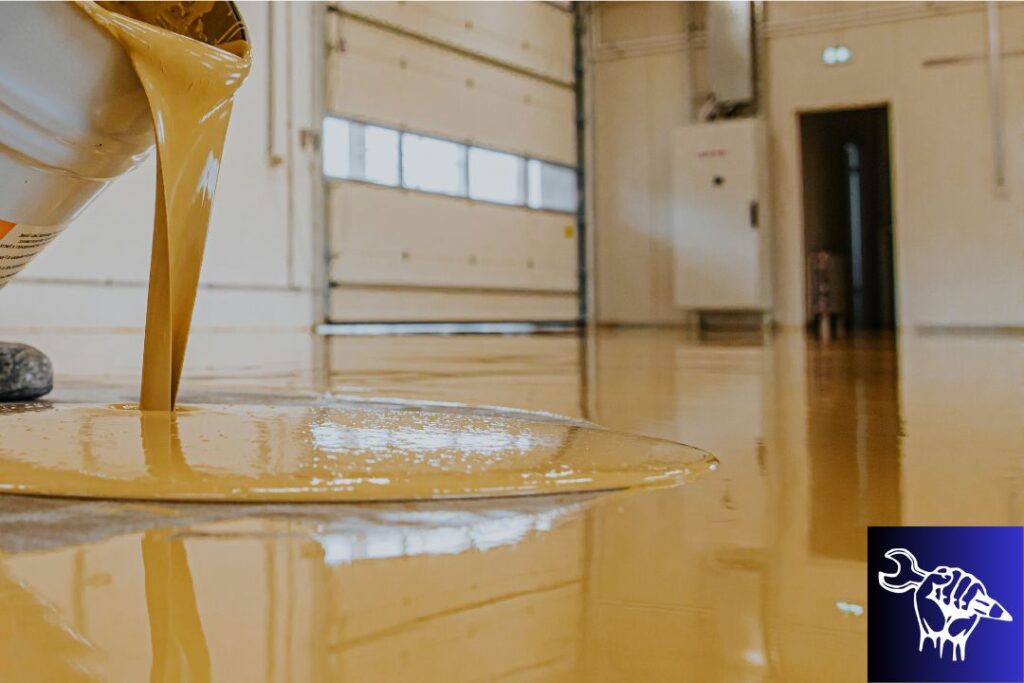
One of the standout advantages of resin flooring is its remarkable durability and longevity. The surface of resin floors is resistant to wear and tear, which is essential in high-traffic areas. With proper maintenance, these floors can retain their quality and appearance for many years, making them a cost-effective solution in the long run.
Installing resin floor makes sense also in case of bathroom. You can install a heavy bathtub or washing machine carelessly
Versatility and Customization
Resin floors offer incredible versatility and customization options. Available in a wide array of finishes and colors, they can be tailored to suit the specific needs and aesthetics of different environments. Whether it’s a sleek, modern look for a commercial space or a more traditional appearance for a home, resin flooring can be adapted to fit the bill.
Easy Maintenance and Cleanliness
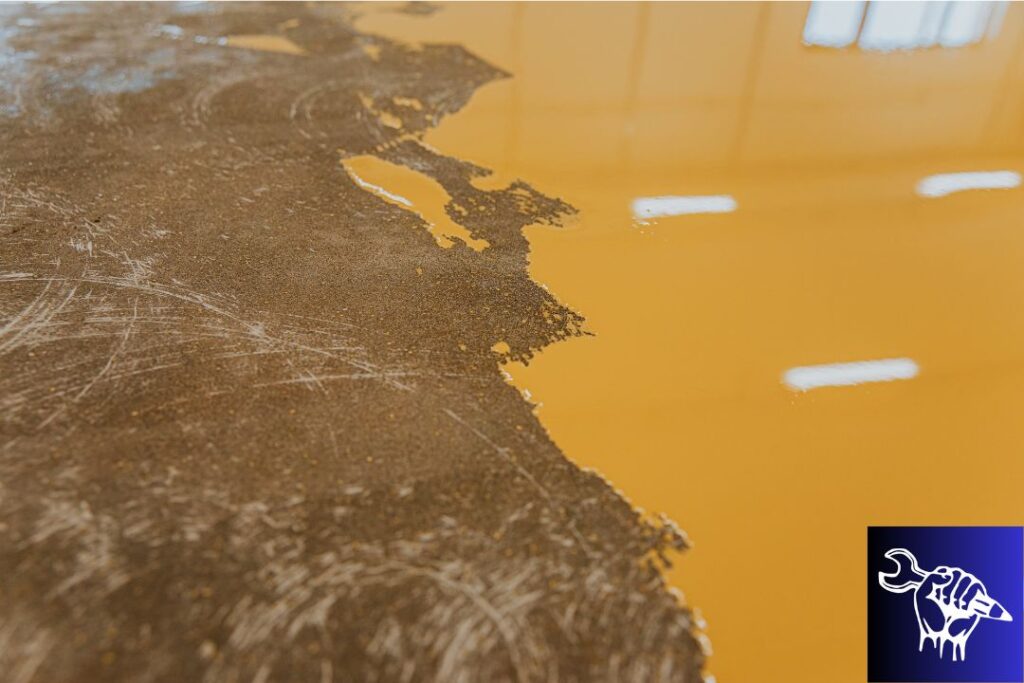
The smooth surface of resin flooring not only adds to its aesthetic appeal but also makes it easy to clean. It doesn’t harbor dust and dirt, contributing to a healthier environment. The low maintenance requirements – occasional sweeping and mopping – make it a convenient option for both residential and commercial settings.
Chemical and Impact Resistance
Resin flooring is a preferred choice in industrial environments due to its resistance to various chemicals and impacts. This resilience makes it suitable for spaces where floors are subject to spills, stains, and heavy loads, ensuring the floor remains intact and functional over time.
Aesthetic Appeal

In addition to its practical benefits, resin flooring is also celebrated for its aesthetic appeal. The glossy finish and the ability to choose from a variety of designs and colors allow for the creation of visually appealing spaces, enhancing the overall ambiance and value of a property.
Cons of Resin Flooring
Just like any other flooring technology, resin has also some disadvantages:
Initial Cost

While resin flooring is renowned for its durability and longevity, it comes with a higher initial cost compared to some other flooring options, similarly to parquet. However, when considering the long-term value and reduced maintenance requirements, many find the investment to be worthwhile.
Installation Time and Conditions
The installation of resin flooring can be more time-consuming due to its longer curing time compared to other flooring types. Additionally, it is sensitive to temperature and humidity during installation, necessitating the right conditions for optimal results.
Potential for Slipperiness
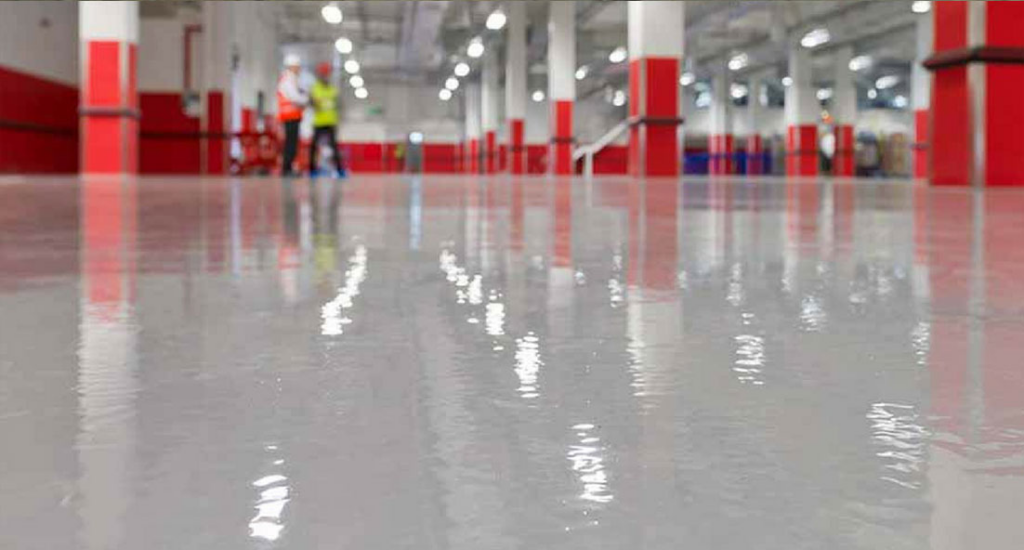
The smooth surface of resin flooring, while easy to clean, can become slippery when wet. This necessitates caution, especially in areas prone to spills. However, there are options for anti-slip additives that can be incorporated to mitigate this risk.
Sensitivity to UV Light
Resin flooring can be sensitive to prolonged exposure to UV light, leading to potential discoloration over time. This makes it essential to consider the location of installation, with shaded indoor areas being more suitable than outdoor spaces exposed to direct sunlight.
Summary
Resin flooring stands out for its durability, versatility, and aesthetic appeal, making it a popular choice across various settings, from industrial to residential. While it offers numerous advantages such as easy maintenance, chemical resistance, and customization options, it is essential to weigh these against the potential drawbacks. The initial investment and installation conditions require careful consideration, along with the flooring’s slipperiness when wet and sensitivity to UV light. By thoroughly evaluating these pros and cons, individuals can make an informed decision on whether resin flooring is the ideal choice for their specific needs and environments.




